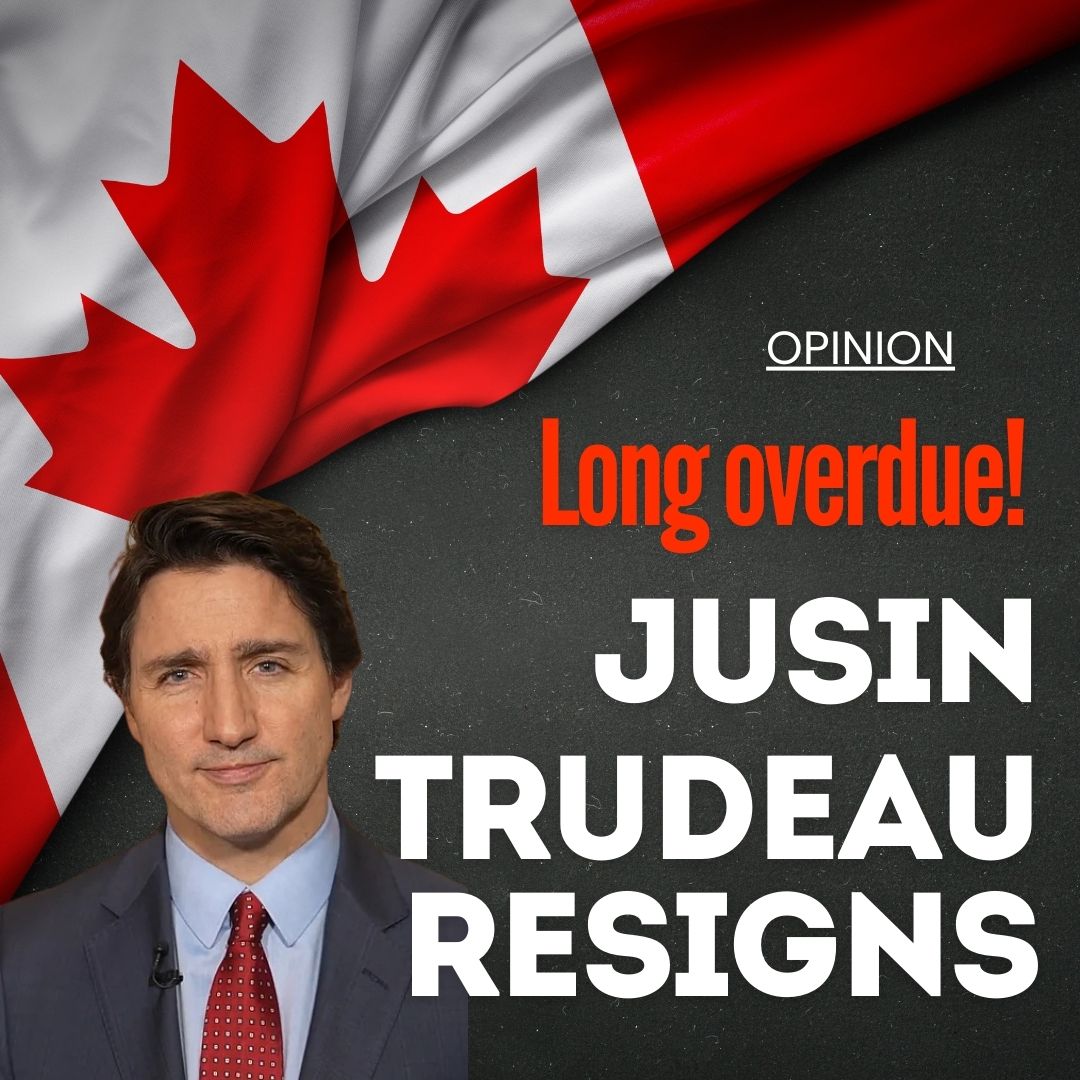
Justin Trudeau, the Canadian prime minister since 2013, has made clear his intention to step down as leader of Canada’s Liberal Party and as prime minister on March 24, as well as dropping out of the 2025 Canadian Elections.
The main reason for this was likely due to Trudeau and the Liberal Party’s struggles in the Canadian government.
Opposition leader Pierre Poilievre, who is poised to be the next prime minister and leads the Conservative Party—a center-right political group akin to the U.S. Republican Party—currently holds an approximately 20-point lead over Trudeau in approval ratings.
“If Canada’s elections were held today,” Allison Meakm of foreignpolicy.com said, “Trudeau would almost certainly cede power to Conservative Party leader Pierre Poilievre.”
The Liberal party is certain to lose a majority in the Canadian Parliament in 2025, something clearly shown by the healthy lead Poilievre and the Conservatives have over the Liberals in recent polls.
Up until 2015, the Conservatives led the Canadian Government.
The prime minister at the time, Stephen Harper, who led for three terms held Canada in essentially a status quo, amounting to a large amount of voter fatigue after serving multiple terms.
On the other hand, the Liberals, who hadn’t led since 2004, with a new Leader, offered a new way of life for Canadians. They promised middle-class tax cuts, asylum for refugees, climate action, and investing in local communities.
Although Justine Trudeau did deliver many of his promises, Canada has gradually shown stronger discontent for their prime minister during his terms.
A big issue Trudeau didn’t realize was that through large tax cuts, the costs of housing and living soared, and with around 500,000 migrants entering each year, this produced a disproportionate ratio of Canadians to available homes.
This is worsened by the increased urban congestion in big cities like Ottawa and Toronto, resulting in skyrocketing rents and inflation across the nation. With many areas of Canada having average housing costs spanning from 1 to 2 million dollars on average, most of the local population is unable to afford daily living costs.
This has amplified to an even larger scale after the current government has been criticized for expanding the national deficit instead of balancing the government’s spending budgets.
On the flip side, Pierre Poilievre, alongside his party’s escalating approval ratings has been gaining what seems more and more momentum every day. Poilievre has pledged for the people of Canada to put an end to inefficient government spending, planning out a new and experimental “Pay-As-You-Go” law, that requires the government to find savings for all money spent by the government.
Canadians are especially hopeful for the Conservative party’s plan to lower housing costs below $1 million, which is quite the ambitious goal.
Big cities like Vancouver and Toronto will be forced to raise home-building programs around 15% to address the housing issue, something that the Liberal party failed to truly address in the first place.
With the constant failures behind the Liberal party for the past 10 years, it’s almost certain that the Conservatives will ultimately overtake the rule in Canada after years of the failure from Justin Trudeau and his party.
The main objective of the Conservatives this election is to mop up the mess which Trudeau and his party has produced in the past ten years, then to bring a suitable environment for Canadians to live in.
Perhaps a new era will rise for the Canadian people once and for all.























































Jack Malloy • Jan 31, 2025 at 9:22 am
This is really well-written, Clive!